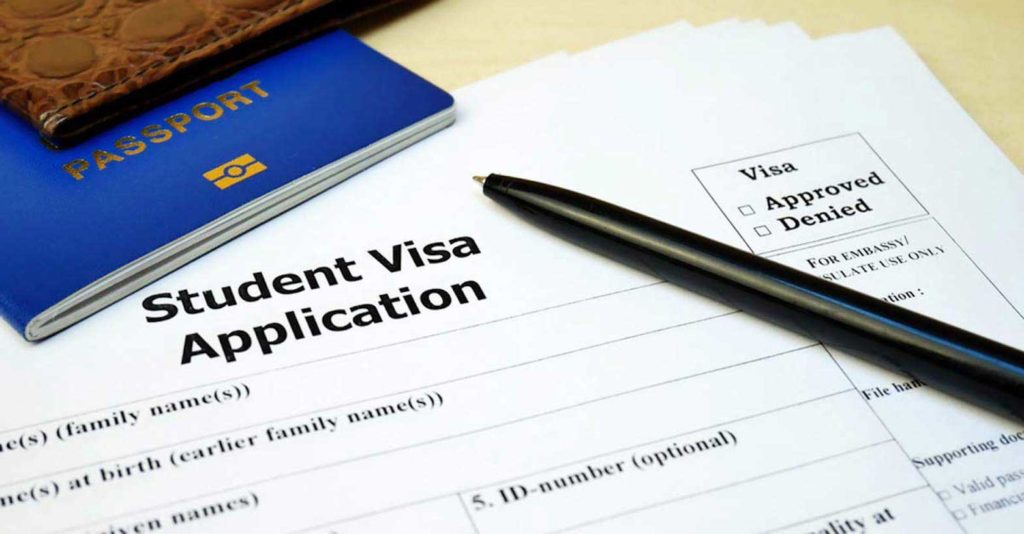
In some cases, international students and scholars would be limited to 2 years. Filipino students are included in the category of visas with a 2-year validity. Why are Filipino students being singled out for 2 years’ validity instead of 4 years?
A proposed Department of Homeland Security (DHS) regulation announced Sept. 25, 2020 would set fixed end dates on visas of students, exchange visitors and foreign media representatives, with some good for only 2 years.
Under the proposal, individuals applying to either F or J status would be eligible to stay in the United States for the duration indicated by the program end date in their Form I–20 or DS–2019, not to exceed 4 years.
But in some cases, international students and scholars would be limited to 2 years. Filipino students are included in the category of visas with a 2-year validity. Why are Filipino students being singled out for 2 years’ validity instead of 4 years?
The 2-year visa is proposed for Individuals who were born in or are citizens of countries designated as state sponsors of terrorism – Iran, North Korea, Sudan, and Syria. It is also for students who are citizens of countries with overstay rates exceeding 10 percent.
According to the USCIS data, the Philippines has an overstay rate of 13.28% or a total of 1,452 students and exchange students who did not leave the country at the expiration of their visas.
The 2-year visa may be renewed by filing an application for extension on Form I-539. The extension could be approved by the USCIS if the program length goes beyond the minimum initially granted, and if the additional time needed is due to a compelling academic reason, a documented medical illness or medical condition, or circumstances beyond the student’s control.
USCIS considers failing classes as within the control of the student, so this academic challenge would no longer generally be a basis for extension.
F and J nonimmigrants who are properly maintaining their status would be authorized to remain in the United States in F and J status until the end date on their Form I-20 or DS-2019, not to exceed a period of 4 years from the final rule’s effective date, plus a grace period of 60 days for F nonimmigrants and 30 days for J nonimmigrants. If they need additional time to complete their current course of study or exchange visitor program, including requests for post completion optional practical training (OPT) or STEM OPT, or would like to start a new course of study, they would have to apply for an extension of stay.
The proposed rule may not be finalized soon as it is still open for comments until October 26, 2020. It could probably be withdrawn if there is a change in presidential administration.
(Lourdes ‘Atty Lou’ S. Tancinco is an immigrant advocate and legal counsel based in San Francisco CA. She is the principal and co-founder of Tancinco Law PC and may be reached at law@tancinco.com, www.tancinco.com, facebook.com/tancincolaw, Linkedin.com/in/attyloutancinco or at 1-888-930-0808)

